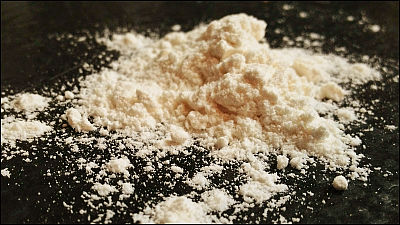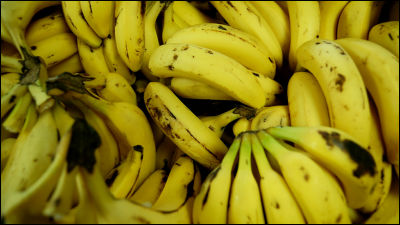Essential nutrients discovered that exponentially expand honeybee colonies

A study has reported that feeding honeybees an artificially nutritious diet has increased their reproductive productivity by up to 15 times, potentially helping to address food shortages caused by honeybee shortages.
Scientists found the missing nutrients bees need — Colonies grew 15-fold | ScienceDaily

Honeybees and other pollinating insects contribute to the production of more than 70% of the world's crops. However, a combination of nutrient deficiencies, climate change, mite infestations, and viral diseases has resulted in a loss of the floral diversity necessary for honeybees to thrive, resulting in poor bee development. In the United States alone, the annual loss rate of commercial honeybee colonies over the past decade has reached 40-50%. Beekeepers have been feeding bees artificial pollen to promote growth, but this has not provided them with enough nutrition.
A study led by Oxford University has identified a compound in plant pollen that is essential for growth, and it has been reported that providing this compound to honeybees has led to explosive growth.

Prior to this study, it was unknown which sterol compounds found in pollen were essential for honeybee health. To answer this question, the researchers chemically evaluated the sterol composition of tissue samples taken from pupae and adult bees and identified six major sterols. Using CRISPR-Cas9 gene editing technology, they genetically engineered the yeast Yarrowia lipolytica, which has a high lipid content and proven food safety, to produce the six sterols required by honeybees in precise ratios.
The researchers dried and powdered yeast containing these compounds (sterol-enriched yeast) and fed it to honeybee colonies for three months. They found that the colonies fed the sterol-enriched yeast produced up to 15 times more larvae that reached the pupal stage than the control colonies.

'Most of the sterols used by honeybees are not naturally present in quantities that can be harvested on a commercial scale, making it impossible to produce a nutritionally complete diet to replace pollen,' the researchers wrote. 'Our supplement may benefit wild honeybees by reducing competition for limited pollen.'
Further large-scale field trials are needed to assess the long-term effects on colony health and pollination efficiency.
Related Posts:







